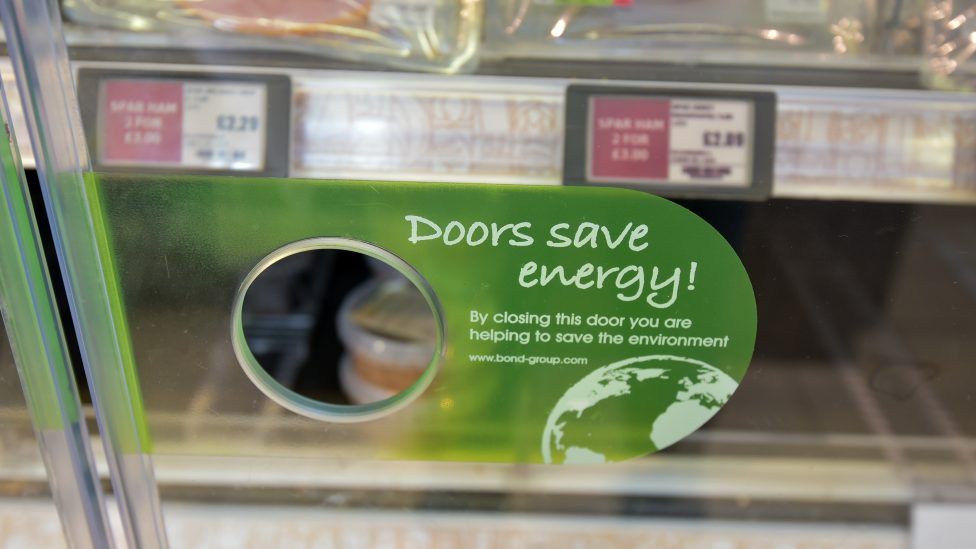
Businesses in industries all over the world are focusing on sustainability as a way of making themselves more ethical, as well as to save money.
The need for sustainability is multi-faceted, with financial goals combining with ethical concerns and a business’ responsibility for its carbon footprint.
In a survey carried out The Wholesale Company (TWC) in the summer of 2022, one-in-three consumers said sustainability is influencing where they shop for groceries.
betterRetailing.com, citing data from Nielsen, reported in January 2023 that 76% of consumers globally want companies to cut their carbon footprint, with as much as 77% saying they would not shop at a company that took part in ‘greenwashing’.
This presents a challenge and an opportunity for retailers, as consumers are increasingly looking at how their goods are sourced.
As part of this, in late-2022, betterRetailing.com’s publisher, Newtrade Media surveyed 221 retailers to understand what they are doing to be more sustainable and what their key challenges are.
Sustainability is important to retailers – but not a priority
Approximately 90% of retailers have tried to be sustainable in some way in the past 12 months, as of November 2022.
According to the data, almost half – 49.4% – of retailers believe sustainability will be ‘very important’, with a further 34.4% saying it will be ‘moderately important’.
However, a big reason for this is money, with rising energy costs causing independent retailers to look at ways to protect their profits.
Despite the overwhelming majority saying will either be ‘very important’ or ‘moderately important’ in the next two-to-three years, less than half say sustainability will be one of their top three priorities in the same timeframe.
On the positive side, 38.4% of independent retailers say it will be, with just under a quarter stating that it ‘depends on what else is happening in the world’.
Jason Byrne, from Kingsmeadow Post Office in Devon, says the biggest driver of sustainability in his store is the need to make it more efficient generally.
“The main reason we would modernise the store is to improve efficiencies and bring down our energy bill,” he said.
Have retailers tried to be sustainable?
Approximately, 93.1% of retailers have tried to be more sustainable in some way in the past 12 months, and almost 60% – 59.7% to be precise – describe their efforts as ‘moderately successful’.
On top of that, 14.9% say they have been ‘very successful’, but 14% did say they have had ‘no effect’.
Cutting energy usage is by some distance retailers’ biggest sustainability related concern, with 79.1% saying they have tried to do so in the past 12 months.
Being sustainable can mean a whole manner of different things for retailers, such as cutting the amount of plastic or paper they use in their store, to the extent where they only deal with suppliers whose products are ethically sourced and/or packaged in a sustainable way.
When pressed on where they had tried to be sustainable, a significant majority say cutting energy was their priority.
This was far ahead of other options, such as cutting paper and plastic.
Will retailers try to be more sustainable in 2023?
Retailers will try to cut emissions in the next 12 months, but a significant chunk have yet to make up their minds.
Almost 60% say they will try to cut emissions in some way, but over 35% say they have yet to make up their mind.
Newtrade Insight’s research suggests there could be an indirect link between previous success and how far retailers intend to go when it comes to sustainability.
Almost a quarter of retailers say they plan to work with more local suppliers in 2023 than they did in previous years.
According to John Vine from Vine&Co General Store in Shropshire, being more sustainable in the value chain can be as straightforward as looking at what is available around you.
“On sustainability, we try to do everything we can – we don’t use any plastic and always look for local suppliers,” Vine told Newtrade Insight.
“Retailers often think you have to buy from the big boys, but you have to think outside the box and look at what is happening on your doorstep.
“Once you do that, the local suppliers will come to you. I find it easier to sell things when I know where they come from, and you’d be surprised that customers are willing to pay a bit more if it is local.”
